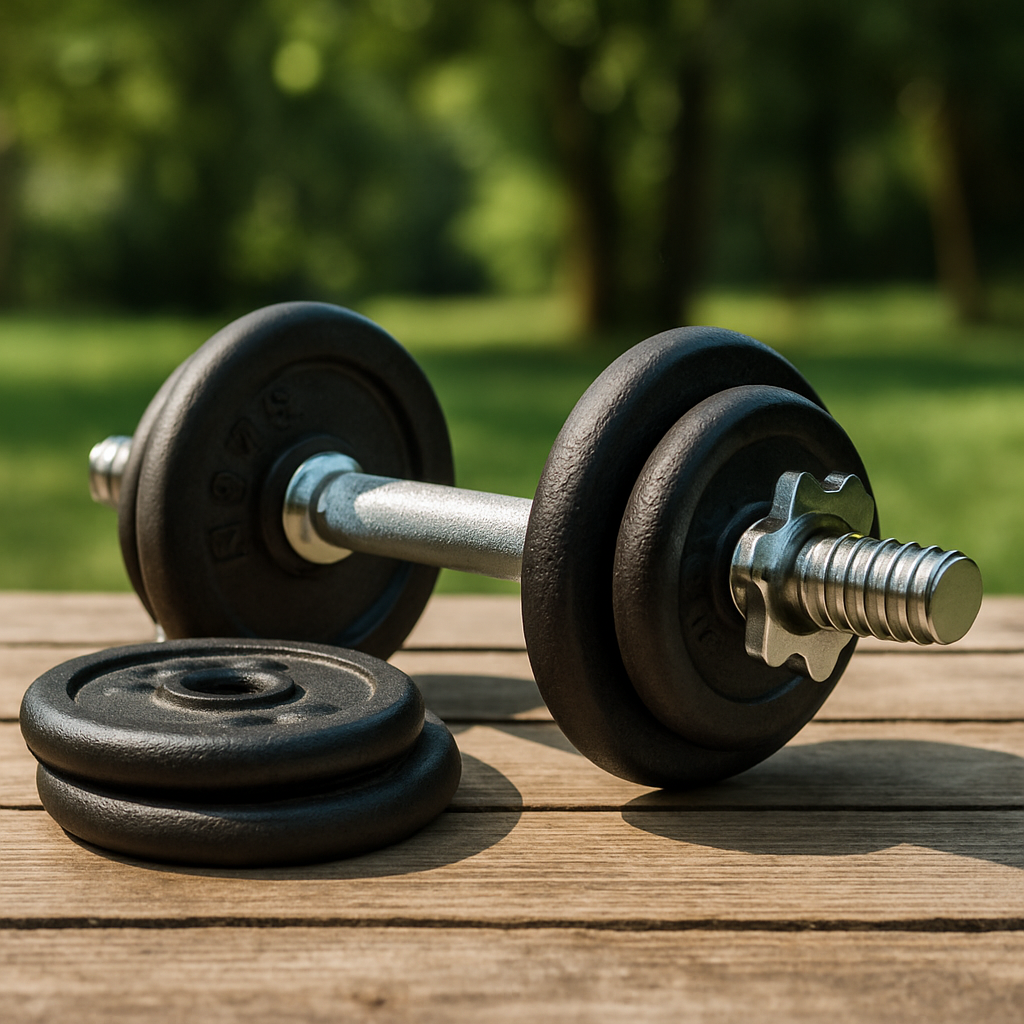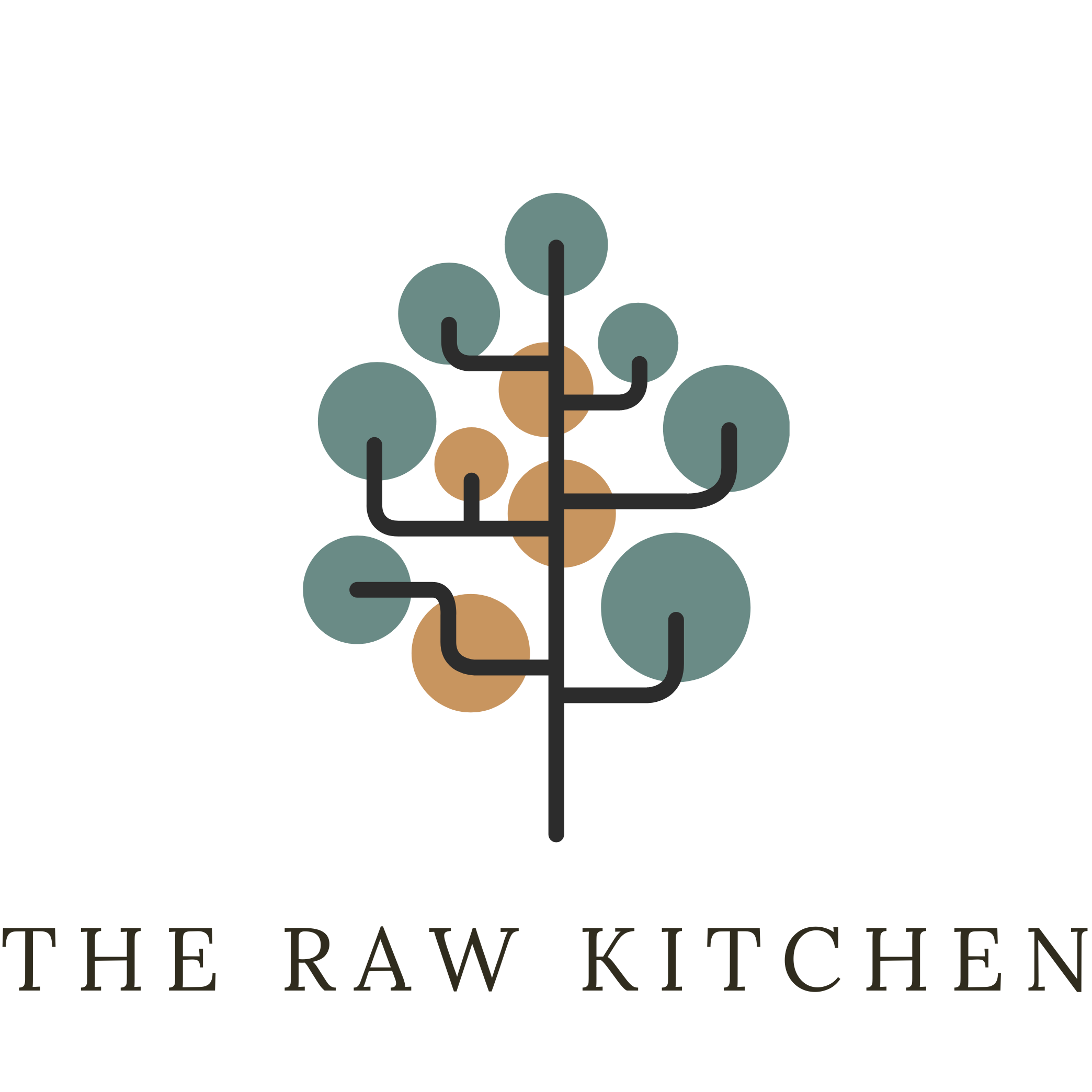
The Importance of Muscle for Longevity: Why Strength Training Matters for Health | The Raw Kitchen UK
When most people think about muscle, they picture bodybuilders, toned physiques, or gym selfies. But muscle isn’t just about looks—it’s one of the most powerful predictors of long-term health and independence.
In fact, preserving and building muscle as you age could be one of the most underrated keys to staying mobile, resilient, and disease-free later in life. Whether you’re in your 30s or 60s, strength training is one of the best investments you can make in your future.
Here’s why muscle matters more than you might think.
Muscle Is Metabolically Active Tissue
Unlike fat, muscle burns calories even when you’re at rest. The more lean muscle you have, the higher your resting metabolic rate, which means:
-
Better weight regulation
-
Improved blood sugar balance
-
Reduced risk of insulin resistance and type 2 diabetes
Muscle helps your body handle glucose more efficiently, protecting your energy levels and hormonal balance—especially important as you get older.
Strength Reduces Risk of Falls and Fractures
Muscle doesn’t just support you when you’re moving—it protects your bones and joints, too. Strength training improves balance, posture, and coordination, which:
-
Lowers your risk of falls (especially with age)
-
Reduces the chance of fractures or injury
-
Supports strong, dense bones when paired with proper nutrition
For women in particular, building muscle becomes even more essential post-menopause when bone density naturally begins to decline.
More Muscle = Lower Inflammation and Better Immune Function
Chronic low-grade inflammation is at the root of many age-related conditions—heart disease, cognitive decline, autoimmune conditions, and more.
Regular strength training has been shown to:
-
Lower inflammatory markers in the body
-
Improve gut health (which influences the immune system)
-
Reduce symptoms in people with chronic illness
This doesn’t mean lifting heavy for hours. Even resistance bands, bodyweight exercises, and light dumbbells can be powerful when used consistently.
Muscle Supports Mental and Emotional Well-being
Yes, your mental health is connected to your muscle mass.
-
Strength training boosts brain-derived neurotrophic factor (BDNF), which supports brain health and memory
-
It reduces anxiety and depressive symptoms by regulating cortisol (the stress hormone)
-
It builds self-confidence and creates momentum when part of a routine
When you feel strong in your body, that confidence ripples into your mindset, relationships, and habits.
It Helps You Stay Independent for Longer
Sarcopenia (age-related muscle loss) begins in your 30s and accelerates unless you actively work against it.
-
Building and preserving muscle keeps you functional—carrying groceries, climbing stairs, or playing with grandchildren
-
It supports a longer healthspan (not just lifespan)
-
It reduces the need for medical care later in life
It’s not about being ripped—it’s about being able to move freely, live independently, and enjoy life as you age.
How to Start (Even If You're Busy)
If you’re not into gyms, that’s fine. Strength training doesn’t require fancy equipment or hours of time.
-
Bodyweight exercises: Squats, push-ups, lunges, planks
-
Resistance bands or dumbbells: Add progressive resistance as you grow stronger
-
2–3 short sessions a week: Even 20–30 minutes per session is powerful
-
Combine with walking: Builds cardiovascular fitness while supporting muscle endurance
Pair your workouts with protein-rich meals, quality sleep, and adequate recovery.
Islamic Reflection 🌿
In Islam, strength is a blessing from Allah and a trust (amanah). Taking care of your physical body allows you to worship with ease, serve your family, and contribute to your community for longer. Building strength is not vanity—it’s stewardship.
The Takeaway
Muscle is your armour for life. It protects your metabolism, hormones, brain, bones, and independence.
It’s not about lifting the heaviest weights—it’s about being consistent and respecting your body enough to keep it strong.
A little strength goes a long way—especially when it comes to how long and how well you live.



Leave a comment
This site is protected by hCaptcha and the hCaptcha Privacy Policy and Terms of Service apply.